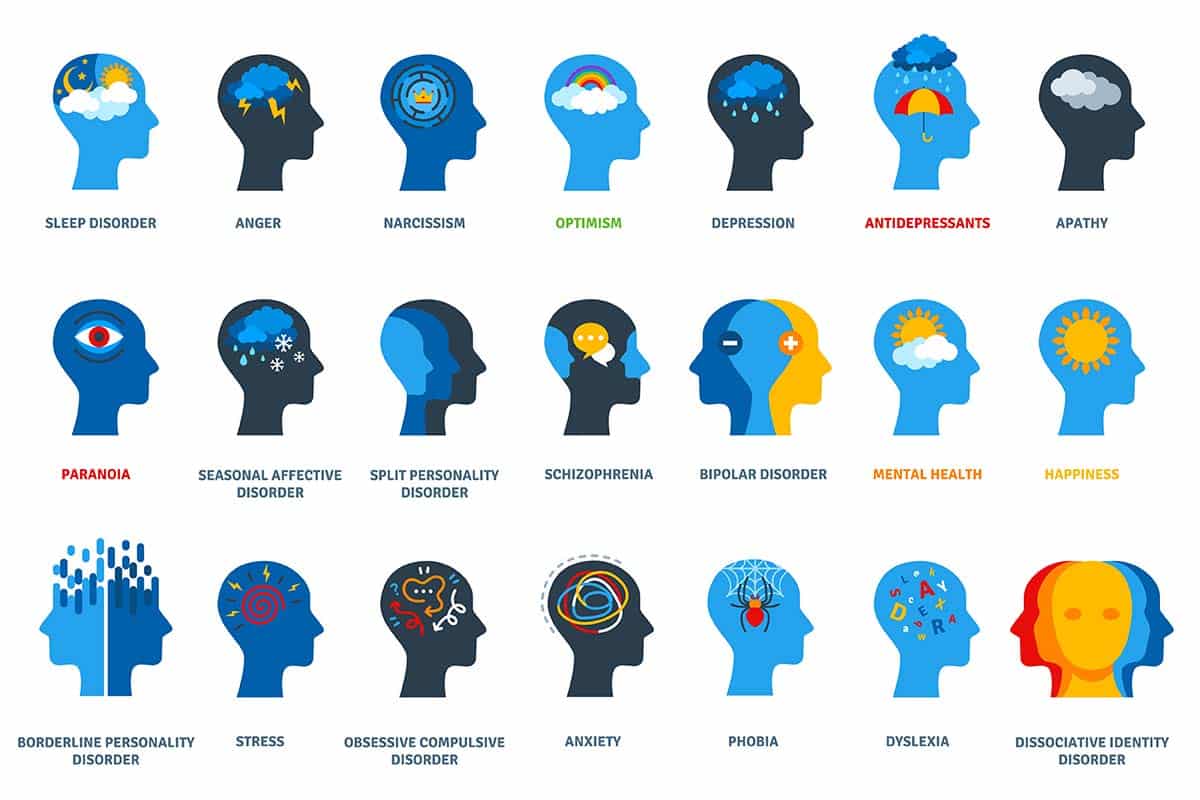
Welcome to an exploration of the profound journey towards healing amidst the shadows of depression and the struggles of addiction. In the face of these formidable challenges, the profound impact of counseling and therapy shines as guiding beacons of hope and transformation. The intricate interplay between mental health and addictive behaviors unveils a complex landscape that calls for understanding, empathy, and expert support. Journey with us as we delve into the depths of these themes and uncover the paths towards renewed wellness and vitality.
Benefits of Counseling and Therapy
Counseling and therapy offer individuals a safe space to explore their deepest emotions, thoughts, and struggles. By engaging in regular sessions with a trained therapist, individuals can gain valuable insights into their behaviors and patterns, leading to increased self-awareness and personal growth.
Therapeutic interventions provide individuals with coping strategies and tools to manage challenging situations effectively. Through counseling and therapy, individuals can develop healthy ways of dealing with stress, anxiety, and other mental health issues, enabling them to navigate life’s obstacles with resilience and inner strength.
Furthermore, counseling and therapy promote a sense of empowerment and control over one’s life. By working through past traumas, addressing unresolved issues, and setting meaningful goals, individuals can experience a renewed sense of hope, purpose, and direction in their journey towards healing and recovery.
Understanding Depression and Addiction
Depression and addiction are complex mental health challenges that often go hand in hand. Many individuals struggling with addiction also battle with underlying feelings of sadness, hopelessness, and a lack of motivation, which are characteristic of depression. The two conditions can reinforce each other, creating a vicious cycle that can be difficult to break without professional help.
Therapy and counseling can play a crucial role in addressing the root causes of depression and addiction. Through therapy, individuals can explore the underlying emotions and experiences that may be contributing to their mental health struggles. Counseling provides a safe space for individuals to process their feelings, gain insight into their behavior patterns, and develop coping strategies to manage their symptoms effectively.
Therapy
By seeking therapy and counseling, individuals can gain a better understanding of their depression and addiction and work towards sustainable recovery. Therapists and counselors can provide the guidance and support needed to navigate the complexities of these conditions and empower individuals to make positive changes in their lives. Through a combination of therapeutic techniques and personalized interventions, individuals can embark on a journey towards healing and reclaiming control over their mental well-being.
Tools for Recovery
In the journey towards healing from depression and addiction, counseling and therapy provide invaluable tools for individuals to navigate their struggles. Through the guidance of trained professionals, individuals can gain insight into the root causes of their conditions and develop coping strategies to address them.
Counseling sessions offer a safe and non-judgmental space for individuals to express their emotions, thoughts, and fears. This therapeutic relationship fosters trust and openness, paving the way for healing and growth. By engaging in meaningful dialogue with a counselor, individuals can explore their innermost feelings and work towards understanding and resolving underlying issues contributing to their depression and addiction.
Therapists utilize various evidence-based techniques and interventions to support individuals in their recovery journey. Cognitive-behavioral therapy (CBT), dialectical behavior therapy (DBT), and mindfulness practices are commonly used to help individuals challenge negative thought patterns, regulate emotions, and cultivate self-awareness. These tools empower individuals to make positive changes in their lives and develop healthier coping mechanisms.